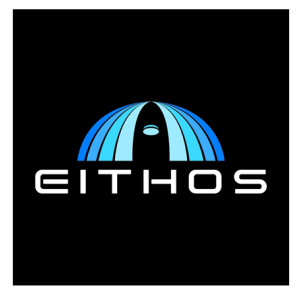 \
&
Contact us
\
&
Contact us
 \
&
Contact us
\
&
Contact us
This was 2 months ago
LocationBrussels and online
This year’s Cleantech Conference will explore the Clean Industrial Deal and how Europe is going to navigate the much-needed investment for decarbonisation. Notably, the conference will discuss how decarbonisation through innovation, thanks to initiatives like the Innovation Fund, can give the EU the upper hand in the race to climate neutrality.
For additional details and to sign up for this event, please visit its dedicated page through this link.
Registration for onsite participation closes on 24 March 2025.
Last year, the Cleantech Conference brought together high-level representatives from the private and public sectors to delve into strategies to support European manufacturing of cleantech devices and their components. Check here the recordings of last year's edition.
We offer news and event updates, covering all domains and topics of Horizon Europe, Digital Europe & EDF (and occasionally, for ongoing projects, Horizon 2020).
Stay informed about what matters to you.
By signing up, you can opt in for e-mail notifications and get access to
a personalised dashboard that groups all news updates and event announcements in your domain(s).
Only for stakeholders located in Flanders

The EITHOS project, funded under Horizon Europe Cluster 3 call “Online identity theft is countered”, aims to develop a “European Identity Theft Observatory System” (EITHOS). The system will provide easy access to information and intelligence about previous and current identity theft related trends to empower EU citizens, Law Enforcements Agencies (LEAs), and policy makers to further contribute to the prevention, detection, and investigation of crimes related to online identity theft. The Cyber and Data Security Lab (CDSL), part of the Law, Science, Technology and Society (LSTS) Research Group at Vrije Universiteit Brussel (VUB), is one of the 12 partners in the EITHOS consortium, contributing its vast expertise on legal aspects of data protection, cybersecurity and information security law and policy.